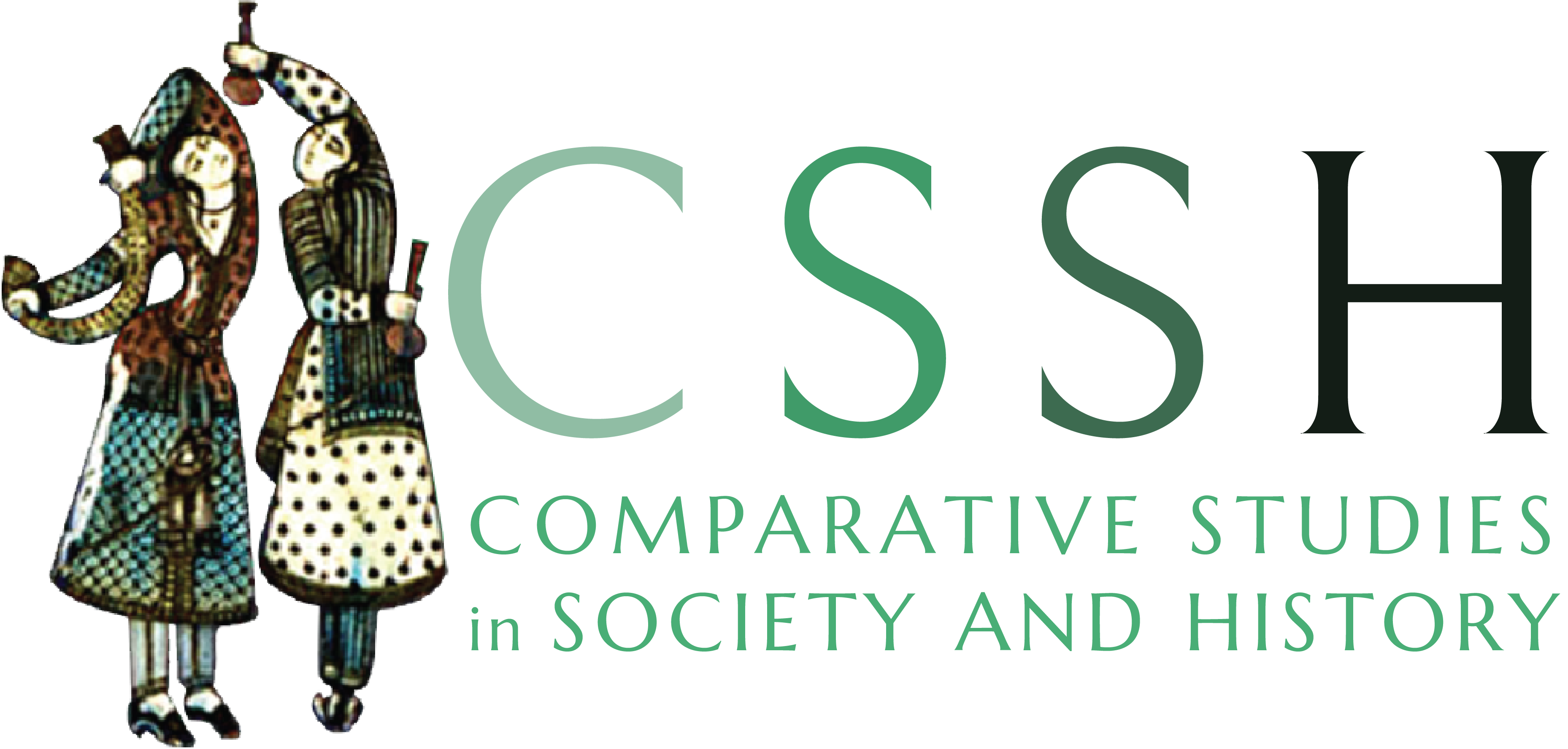CSSH congratulates Hedwig Waters (“Building Merit: The Moral Economy of the Illegal Wildlife Trade in Rural, Post-Socialist Eastern Mongolia” (CSSH 64-2, 2022)) for the publication of her new book Moral Economic Transitions in the Mongolian Borderlands: A proportional share (UCL Press). The publisher writes of the work:
Since the early 1990s, Mongolia began its hopeful transition from socialism to a market democracy, becoming increasingly dependent on international mining revenue. Both shifts were promised to herald a new age of economic plenty for all. Now, roughly 30 years on, many of Mongolia’s poor and rural feel that they have been forgotten.
Moral Economic Transitions in the Mongolian Borderlands describes these shifts from the viewpoint of the self-proclaimed ‘excluded’: the rural township of Magtaal on the Chinese border. In the wake of socialism, the population of this resource-rich area found itself without employment and state institutions, yet surrounded by lush nature 30 kilometres from the voracious Chinese market. A two-tiered resource-extractive political-economic system developed. Whilst large-scale, formal, legally sanctioned conglomerates arrived to extract oil and land for international profits, the local residents grew increasingly dependent on the Chinese-funded informal, illegal cross-border wildlife trade. More than a story about rampant capitalist extraction in the resource frontier, this book intimately details the complex inner worlds, moral ambiguities and emergent collective politics constructed by individuals who feel caught in political-economic shifts largely outside of their control.
Offering much needed nuance to commonplace descriptions of Mongolia’s post-socialist transition, this study presents rich ethnographic detail through the eyes and voices of the state’s most geographically marginalized. It is of interest not only to experts of political-economy and post-socialist transition, but also to non-academic readers intrigued by the interplay of value(s) and capitalism.
We also congratulate Freddy Foks (“Bronislaw Malinowski, “Indirect Rule,” and the Colonial Politics of Functionalist Anthropology, ca. 1925–1940,” CSSH 60-1, 2018)) upon the publication of his new monograph, Participant Observers: Anthropology, Colonial Development, and the Reinvention of Society in Britain (University of California Press, 2023). The book is described thusly:
Social anthropology was at the forefront of debates about culture, society, and economic development in the British Empire. This book explores the discipline’s rise in the interwar period, crisis amid decolonization, and ironic reemergence in the postwar metropole. Across the humanities and social sciences, activists and scholars used anthropological concepts forged in empire to rethink British society at midcentury. Participant Observers shows how colonial anthropology helped define the social imagination of postimperial Britain. Part institutional history of the discipline’s formation, part cultural history of its impact, this is the first account of social anthropology’s pivotal role in Britain’s intellectual culture.


